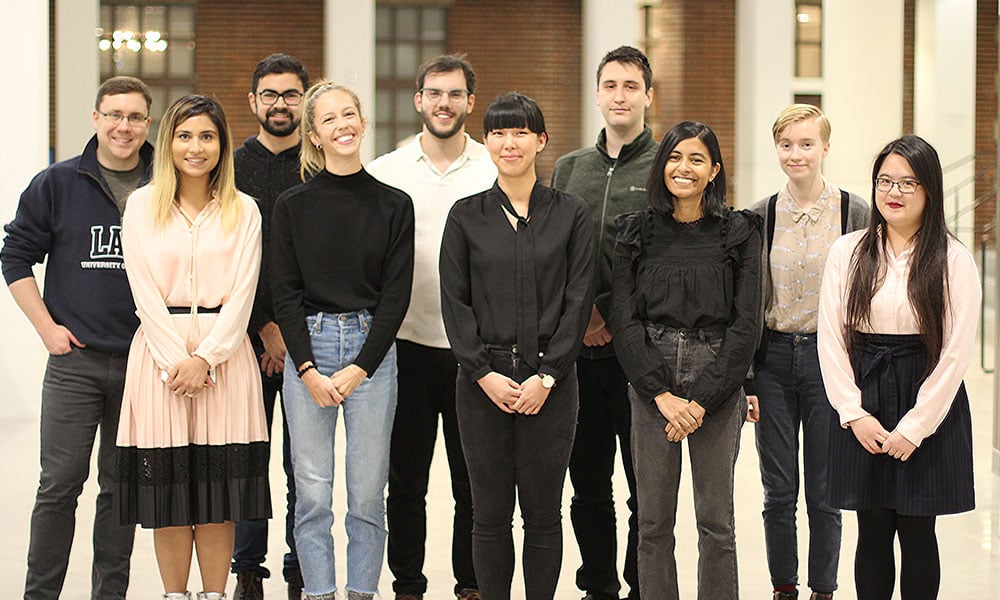
Statistics suggest that lowering voting age could boost civic interest among youth

The David Asper Centre for Constitutional Rights at the University of Toronto Faculty of Law is planning to file a constitutional challenge that aims to lower the minimum voting age in Canada.
The centre will be assailing the constitutionality of s. 3 of the Canada Elections Act, which sets the minimum voting age for federal elections at 18 years old, states a news release from the law school. The centre emphasizes that, under s. 3 of the Charter of Rights and Freedoms, all Canadian citizens should be permitted to vote.
“I think it's quite apparent now that this 18-year-old limit is superficial and artificial. And to say that under 18-year-olds lack the experience and knowledge to vote – I don't think that can really be premised on any evidence,” says Mashoka Maimona, a second-year law student at the U of T who is working on the case with the Asper Centre.
“I think the time has come for society to critically think about why the age limit is 18,” she says.
The centre additionally cites the Universal Declaration of Human Rights, the United Nations Convention on the Rights of the Child, scientific and sociological evidence, as well as case law, in support of its position.
The news release states that social science evidence shows “adolescents are just as cognitively capable of voting as adults.” Moreover, the four federal political parties in Canada allow those below 18 years old to vote for their leaders.
Statistics also suggest that lowering the minimum voting age can boost civic interest among youth. “Turnout among 16- and 17-year-olds was 75 percent in Scotland’s 2014 independence referendum, and 16-year-olds can now vote in both Scotland and Wales,” states the news release. “In Austria, lowering the voting age increased civic interest among 16- and 17-year-olds — part of growing evidence that voting early is more likely to result in voting later in life.”
The centre also highlights the case of Frank v. Canada (Attorney General), 2019 SCC 1, in which the Supreme Court of Canada ruled upon the right to vote of expats who have resided abroad for over five consecutive years. In ruling that the legislative limitation against such expats was unconstitutional, the high court “made it clear that any limit on Canadians’ right to vote must be clearly justified,” states a subsequent news release from the law school.
“That case is really significant because of the language the court used,” said Keely Kinley, a second-year student at the law school. “The right to vote is only tethered to citizenship.”
The Asper Centre unites not only students, but also teachers and practising lawyers, who all work together on various advocacies and constitutional initiatives. “It will be the first constitutional case that we are in at the ground level,” said Cheryl Milne, the centre’s executive director. “It’s a great opportunity for students to see all the work that goes into developing a case.”
In order to help the proponents of the legal challenge in developing a theory, the centre has launched consultations, calling for young people to share their perspectives on the matter.
In preparing for this constitutional challenge, the centre has also partnered with a number of organizations that advocate for the rights of children and youth, including Justice for Children and Youth, the Canadian Civil Liberties Association, the Canadian Coalition for the Rights of Children, Children First Canada, the Child and Youth Legal Centre at the Society for Children and Youth of BC, The Students Commission of Canada and UNICEF Canada.
The centre and its community partners have received funding from the Court Challenges Program, which lends financial support to constitutional and human rights cases of national significance.